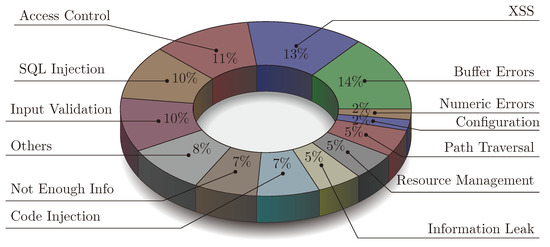
- C++ socket programming error stack smashing detected code#
- C++ socket programming error stack smashing detected plus#
However, we still get greeted by the error. It sends a bunch of characters to the stdin of the remote process, in the hopes of running /bin/sh.

Think about the command above, for a moment. *** stack smashing detected ***: /home/bof/bof terminated overflow me :
C++ socket programming error stack smashing detected code#
With that in mind, one's natural attempt would be something like below: echo -e "AAAAAAAAAAAAAAAAAAAAAAAAAAAAAAAAAAAAAAAAAAAAAAAAAAAA\xbe\xba\xfe\xca\x0a" | nc pwnable.kr 9000Īfter all, this is an exact replica of the code above in Python, right? Except, the server begs to differ: IMO Python is always preferred for better automation, but sometimes you just wanna have a quick exploit done without extra tools. However, I wanted to give an alternative answer without Python, but from the terminal. The idea of these sort of questions is to teach the funementals, and HOW and WHY certain things work, they may not be the easiest or most efficient way of doing things (the type of stack-smash you're getting is still causing problems in major systems today because programmers forget to check sizes etc).The answer from Jason is the correct solution. However, if this is for school or a uni assignment, make sure you've been taught to do it this way, because sometimes you can be deducted marks for 'rushing ahead'. Whilst it is a C++ page it covers stuff that is common for both C and C++ (as C++ is based on C)Īlso, as Pearsonartphoto said, you can just declare your array as char message = "Hello, World!" so you'll need to declare an array of 14 characters.įor a bit more in-depth explanation on working with string and the null-character, i suggest this page.
C++ socket programming error stack smashing detected plus#
But how much more? enough to fit "Hello, world!" PLUS one more for the null-terminator character '\0', which determines the end of the string. So, you'll need to give your message array more space. As such you are overwriting memory that isn't part of your array.įor reference, strcpy(), strcat() and most other C-string functions don't check the length of the array, they assume that you've given it enough space to work with. Your message array is 10 characters long (0-9), but if you count "Hello, World!" (without the quotes) it is 13 characters long. Here is the program, can anyone come up with a conclusion to why it is doing this? Here is the "traceback" that occurs after the stack smash is detected. No matter what the number entered it always results in a "stack smash". I've created a file which prints Hello, world as many times at the user wants to give input.


 0 kommentar(er)
0 kommentar(er)
